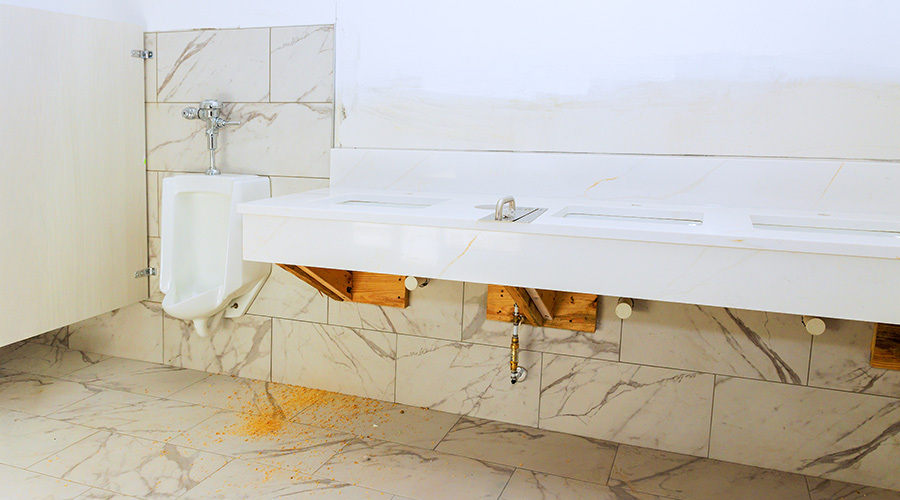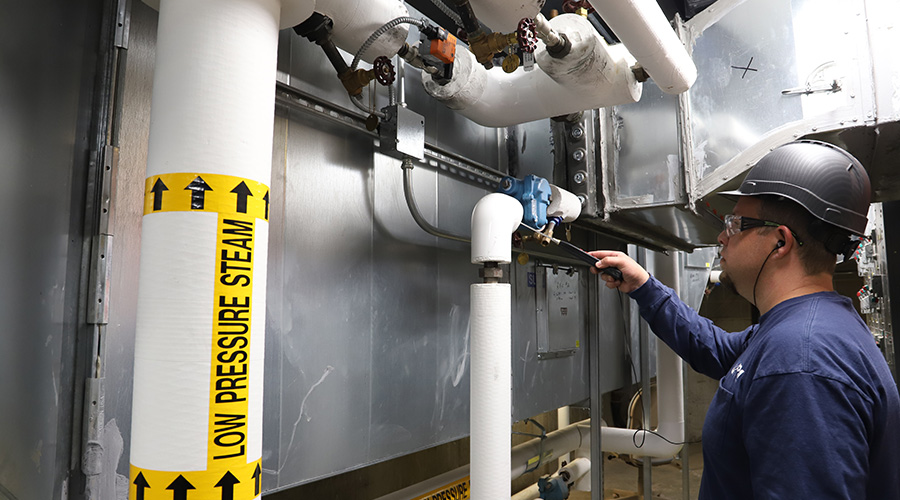A report from Pembroke Pines Police Department states that an altercation turned physical between two patients at South Florida State Hospital on September 22. An investigation revealed the suspect and victim were having a verbal argument that turned violent when the suspect punched the victim in the face and then dragged him down to the ground. After, the suspect continued to strike the victim in the face, ending with the victim having his eyes pulled out.
The suspect has been taken into police custody and placed in jail because of the incident. Pembroke Pines Police Department has stated that the investigation is still active, and information will be updated when possible.
According to Crisis Prevention Institute, there can be many factors causing aggression, such as anxiousness, stress, trauma, impairment, pain and unmet needs, among others.
However, healthcare staff first need to be able to identify aggressive individuals. The Joint Commission lists two assessment tools that staff can use to recognize aggressive individuals in psychiatric settings: the Modified Overt Aggression Scale (MOAS) for child and adult patients and the Broset Violence Checklist (BVC) for adult patients.
According to the National Institutes of Health (NIH), the MOAS was made to assess four different types of aggression: verbal aggression, aggression against property, auto aggression and physical aggression. It tells the assessor to rate a patient’s aggression over the previous week. There is no specific requirement for who can perform the MOAS.
Meanwhile, the BVC is a six-question assessment used to predict the imminence of violent behavior within a 24-hour period, according to Frenzs. Both assessments can be used to assess the risk of aggression or violent behavior in patients. From there, depending on the risk level, staff can intervene with de-escalation tactics.
The Joint Commission also recommends the following interventions to defuse aggression in in-patient psychiatric settings:
- Utilize verbal communication techniques that are clear and calm. Staff attitudes must be non-confrontational in use of verbiage. Avoid using abbreviations or health care terms.
- Use non-threatening body language when approaching the patient.
- Approach the patient with respect, being supportive of their issues and problems.
- Use risk assessment tools for early detection and intervention.
- Staff attitudes, knowledge and skill in using de-escalation techniques must be practiced and discussed in an educational format.
- Respond to the patient’s expressed problems or conditions. This will help create a sense of trust with the health care professional.
- Set clear limits for patients to follow.
- Implement environmental controls, such as minimizing lighting, noise and loud conversations.
An example of this being executed was Scripps Mercy Hospital in California, where they set up a “rapid response” team of staff members ready to defuse potentially violent situations. The hospital also put in place a behavioral screening tool to help identify patients prone to violence.
Patient aggression in mental healthcare facilities can be dealt with through a combination of assessing behaviors and de-escalating interventions. Staff can be trained in these assessments and tactics so that they are equipped if a violent incident occurs.
Jeff Wardon, Jr. is the assistant editor for the facilities market.

 Biofilm 'Life Raft' Changes C. Auris Risk
Biofilm 'Life Raft' Changes C. Auris Risk How Healthcare Restrooms Are Rethinking Water Efficiency
How Healthcare Restrooms Are Rethinking Water Efficiency Northwell Health Finds Energy Savings in Steam Systems
Northwell Health Finds Energy Savings in Steam Systems The Difference Between Cleaning, Sanitizing and Disinfecting
The Difference Between Cleaning, Sanitizing and Disinfecting Jupiter Medical Center Falls Victim to Third-Party Data Breach
Jupiter Medical Center Falls Victim to Third-Party Data Breach